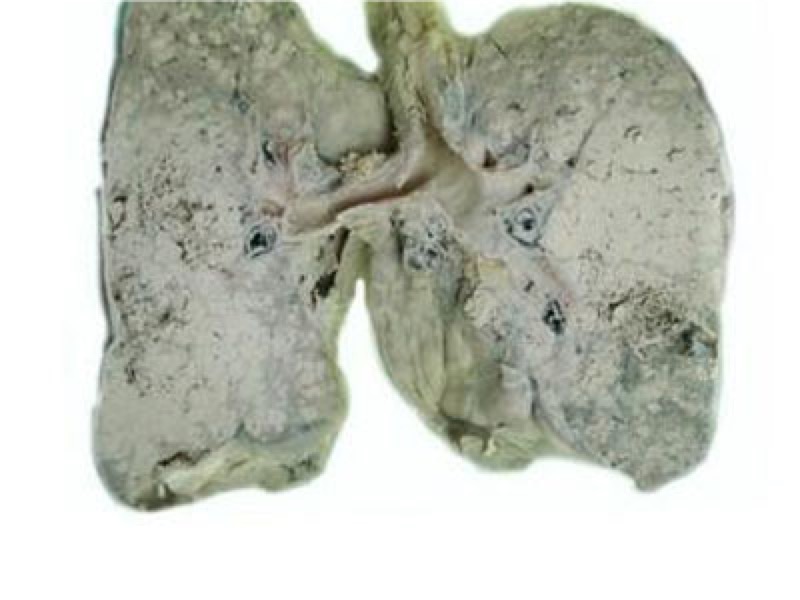If you are sick, you can go to hospital
Has been in the outpatient clinic for more than half a month, and I found that there are a lot of parents who are ill and medically. Some parents asked me why each doctor said something different.
I said: "This is certain, because each doctor is a different individual, and the idea cannot be exactly the same, as long as the general principles are consistent."

I think it’s okay to get medical treatment, but don’t blindly chaos For purposeful "chaos", proper comparison is also possible. "Chaos" is not all wrong. Many parents are confused "chaos", some are thoughtful "chaos", but "chaos" are in the wrong place.
If you have a disease, you can go to the hospital indiscriminately. If you have a chronic disease, it is not recommended for acute diseases.
Case one:
A mother took a child to see a doctor. She hung up the number of the professor next door but walked to my clinic. I said to her, you hang the number of the professor next door. So, the child mother took the child away. However, after a while, she took the child to my clinic and asked me to see it. I asked her why? The child’s mother said, “I found that the professor next door is a neurologist. I feel weird. I’m here to show the child a cough. Seeing him doesn’t know if it’s okay?” I told my parents that all pediatrics The doctors are all general practitioners and can see ordinary diseases. Your child will have a cough after catching a cold. Parents took the children away with confidence.
Doctor''s Tip: The child has a common illness such as a cold, fever and diarrhea. Anyone can see it. There is no possibility of misdiagnosis. Of course, I hope that parents can trust our non-professional doctors more, and because there are fewer patients who register with us, there is no need to wait for a long time.
Case two:
A child with a kidney disease was just discharged from another hospital (hospital of the same level). When someone told me that my teacher was famous, I hung up my teacher (respiratory expert) ), my teacher didn’t show him, and suggested that he go back and watch. Because there are many outpatients, the teacher has no time to explain. The family members didn''t understand it and walked out of the clinic very angry. I walked outside the door and told my family that it was good for him not to show him. It’s not that I can’t see it. My teacher can also see kidney disease. However, you cannot go to the hospital indiscriminately, especially for inpatients. They are all hospitalized in other hospitals, and the professor in charge is a nephrologist. If you know more about your condition, you must follow up regularly. Why do you want to stay close, and find an authoritative consultation that is not a disease of this specialty? Parents understood what I said and happily left.
Doctor''s Tip: Children with chronic diseases must consult doctors in related fields before going to the doctor.
Case 3:
A child has a headache to see a doctor. I asked the parents to check the nose first after asking about the situation. The parents behaved very cheerfully and immediately asked me to open a list. After I finished the order, the parents quickly walked away with the list. I didn''t ask any extra words. I felt a little puzzled. After a while, the parents came back happily, because the test results showed chronic sinusitis, the cause of the child''s headache was found. The parents told me that the child had a headache and went to see a doctor. A neurologist suggested that the child should check the head CT and EEG. As a result, everything was normal. The professor prescribed some nerve-regulating drugs to the child, but it was useless after taking it back. After he went back, the doctor in the small clinic suggested that he check the nose for the child. So he came to our hospital to consult again. The parents'' mentality was very good, and they said to me with a smile that Professor Neuro first thought of a headache when he saw a headache, and the doctor of the respiratory department would immediately think about the problem of his nose. He can understand this.
Doctor''s tip: When we find a symptom, many times, we will immediately associate with the disease most related to it. Sometimes, there is a possibility of misdiagnosis. In this case, it seems that the professor is not as good as a doctor in a small clinic. In fact, proper differential diagnosis is not an exaggeration. This parent has a very good mentality. Instead of blaming the neurology professor, he understands it. This makes me very moved.
Case 4:
When I was off work one day, a child with a chronic cough (already coughing for three months) came to see me for the test results and was younger next door The doctor''s diagnosis is a bit doubtful. The kid''s mother just saw it in the clinic next door, but the doctor left early in case of something. I learned about the child''s situation and said to the child''s mother: "Your child''s diagnosis should be called chronic cough..." The child''s mother excitedly told me to find the doctor. Because my diagnosis was the same as that of the Children''s Hospital, she thought I was quite reasonable, so she left her name and agreed to my follow-up and treatment.
The doctor reminded: This mother took the way of "disorderly" medical treatment, and then compared the conclusions of the doctor. When the two doctors diagnosed the same, she received the diagnosis and treatment. This method is worth learning. Of course, sometimes the truth is in the hands of a few people. It is recommended that parents should first consult the specialists of the disease, and then go to the doctor for a purpose, so that they can avoid injustice.
Related Articles

- Early Signs of Bladder Cancer
- What are the early symptoms of bladder cancer?
- 2020-12-17

- How to prevent depression
- How to prevent depression?
- 2020-12-17

- Early symptoms of lung cancer
- 2020-12-17

- Symptoms of depression
- What are the symptoms of depression?
- 2020-12-17

- Drinking water can prevent heat stroke
- Actually, the hot weather is not the direct cause of heat stroke. Heat stroke is mostly caused by sweating caused by heat. Under the high temperature in summer, the body sweats tens of tim
- 2020-08-03

- Office workers should beware of cervical spondylosis
- Cervical spondylopathy is mainly caused by degeneration of cervical intervertebral disc and hyperostosis of cervical spine, with neck and shoulder pain, numbness of upper extremities and d
- 2020-08-03
